Tyla: ‘I’m a rock-star Barbie doll’
Rising South African Amapiano and pop priestess Tyla is making waves across the globe, and proudly showcasing her culture
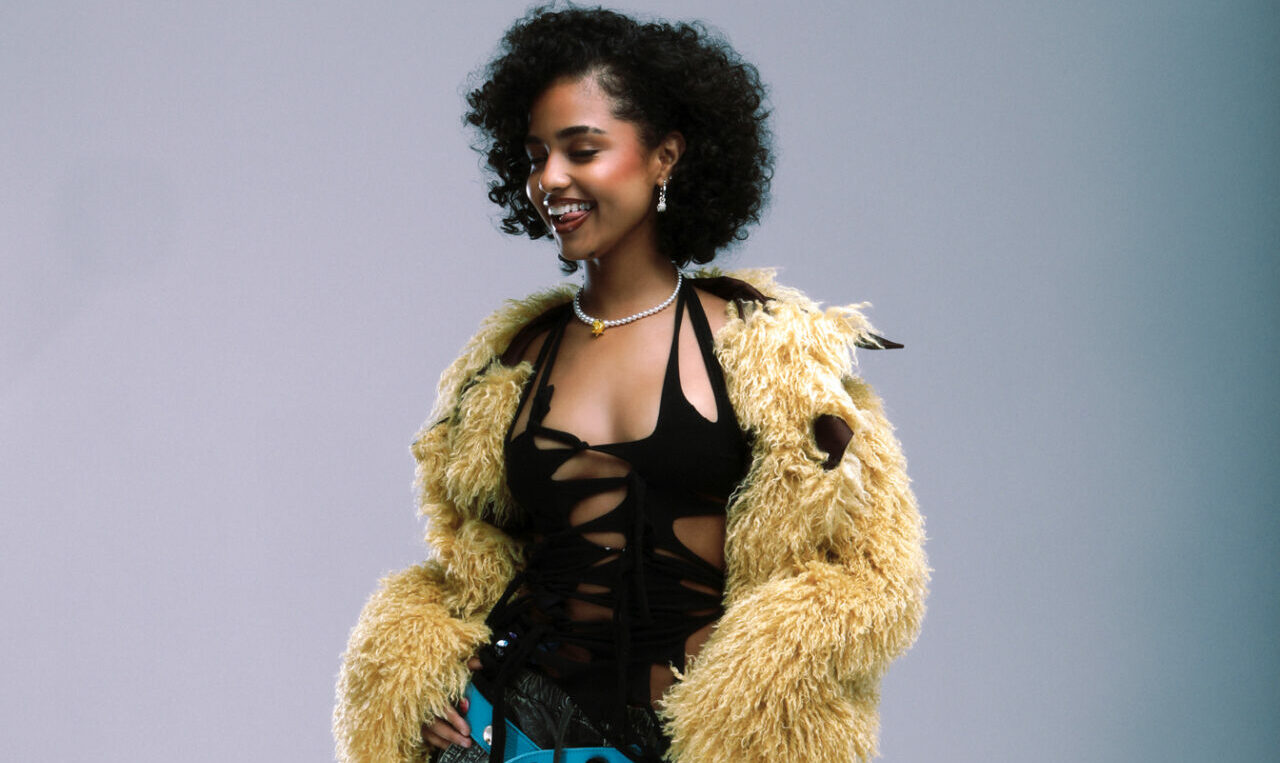
Tyla steps onto the stage and commands attention at gargantuan decibels. Surrounded by undulating ultramarine and tangerine lights, the South African singer-songwriter and dancer delivers honeyed vocals while rocking her hips, locking eyes with the camera and weaving her body around the circumference of Vevo’s Hackney Wick studio with the transfixing prowess of a seasoned pro. In a handful of takes, Tyla and her close-knit team of South African creatives have recorded ‘Water’, the summer single from her highly anticipated debut EP, and it’s instantly clear why the rising star is making waves around the globe.
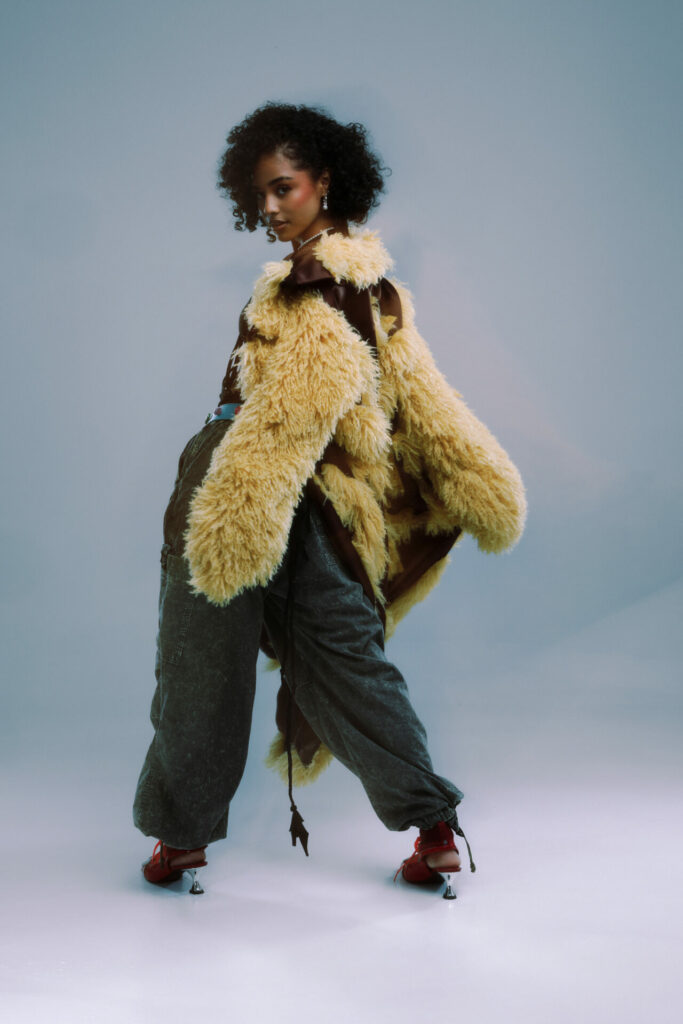
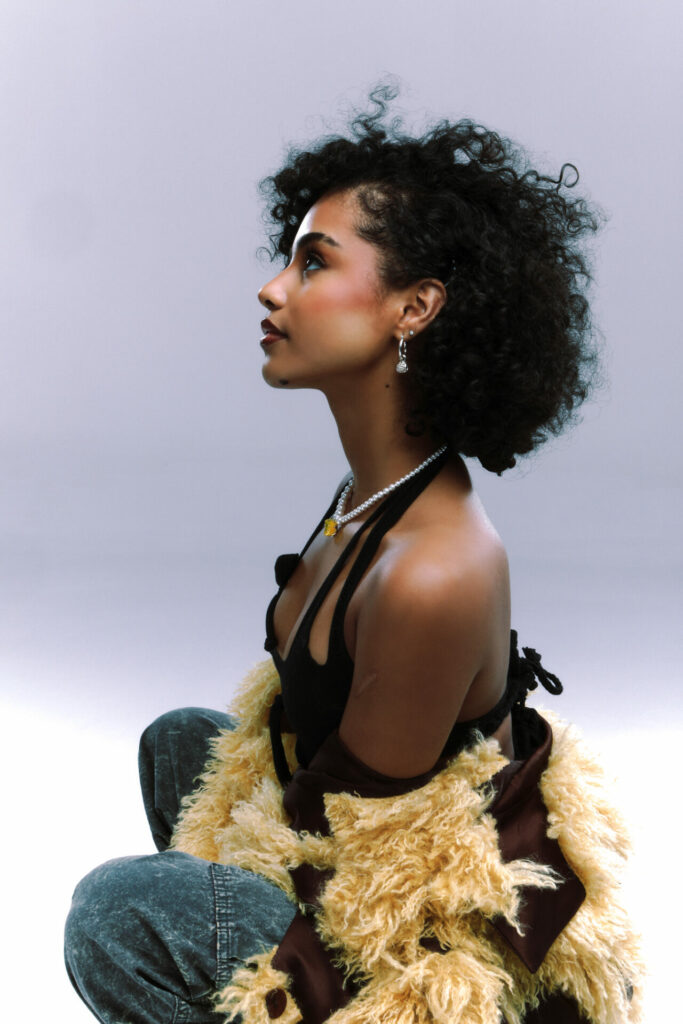
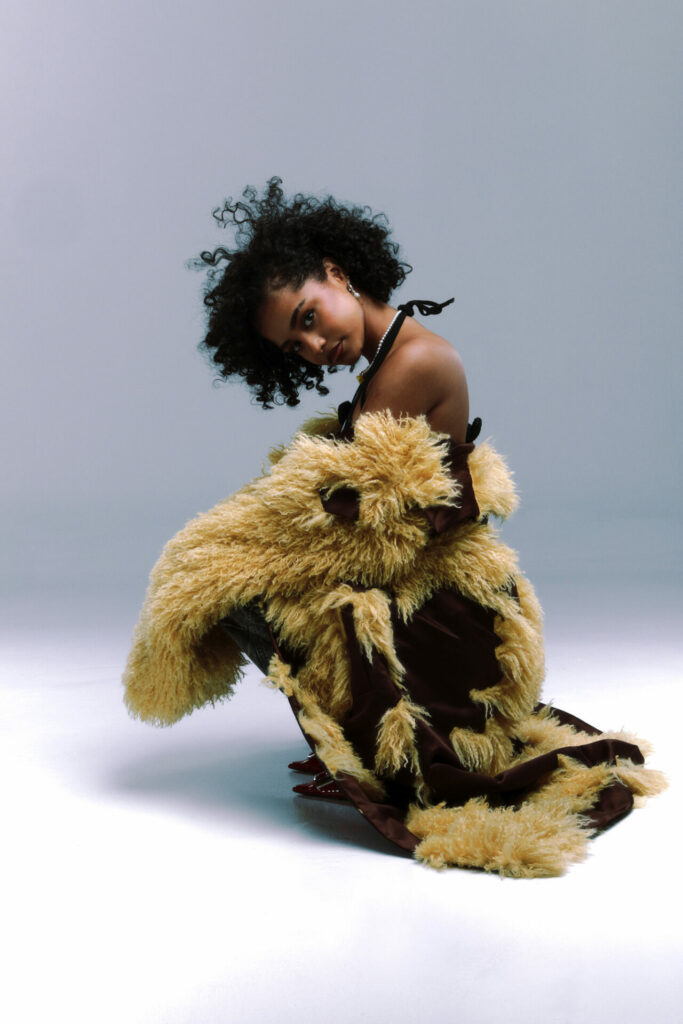
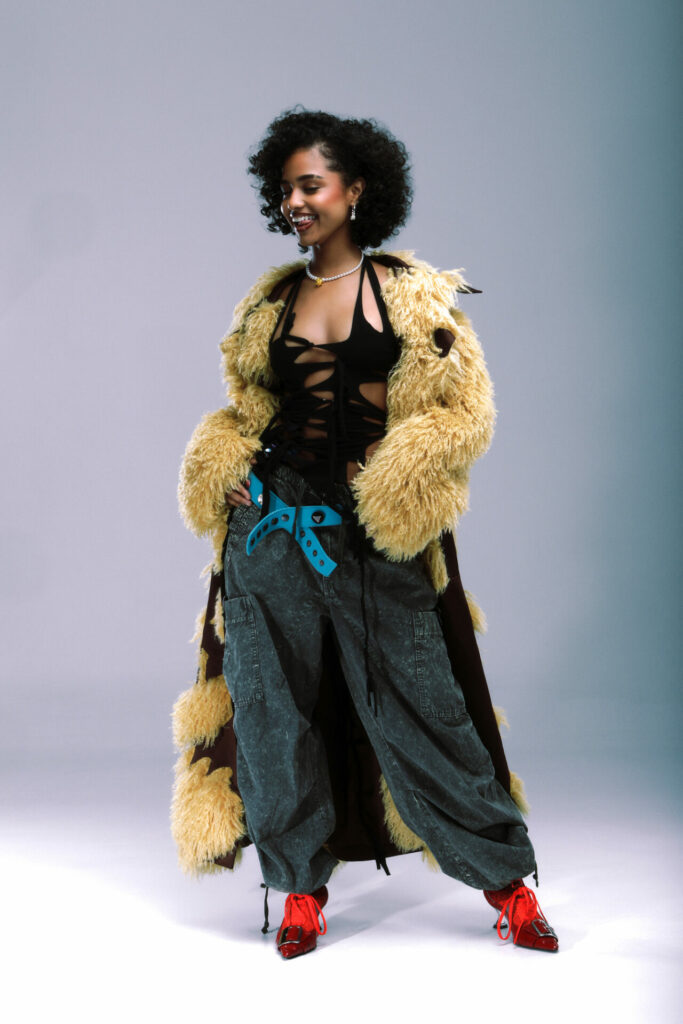
Of Indian, Zulu, Mauritian and Irish descent, and born and bred in Johannesburg, Tyla proved her insatiable hunger to sing and perform from a young age, whether that was belting out songs for her primary school or for YouTube followers or boldly hustling her music to the likes of DJ Khaled and Drake.
Her break-out 2020 music video ‘Getting Late’ gained meteoric traction that saw the self-titled ‘popiano’ artist achieve national fame and set her career on an upward trajectory in the US. Since then, Tyla’s inked a deal with Epic and released follow-up dance-floor heaters such as ‘To Last’ and ‘Been Thinking’. It’s been a hectic year so far. She made her debut live performance at spring’s Milan Fashion Week, followed by London’s O2 arena when she jumped on the European leg of Chris Brown’sUnder The Influencetour. Next, she electrified fans at Afro Nation in Portugal with her most powerful performance to date.
When we meet in east London, she’s just linked up with Ayra Starr for their collab ‘Girl Next Door’. As Tyla gears up to drop her debut EP this autumn, she’s keen to talk about where her journey began, and the message she hopes to send with her music. At every turn, Tyla’s passionate about showcasing South Africa’s culture and carving out a lane for the new generation of African artists.
What sparked your passion to sing?
I was born a singer. I’ve always gravitated towards it. I would tell everybody that I was going to be a pop star. [Ever since I was] really small, I listened to all genres of music, danced and made up shows for my family or wrote songs for my mom and dad’s birthdays.
Do you remember your first performance?
Yes! I was probably about 10 and sang ‘(How Much Is) That Doggie in the Window’ for my primary school. My gran was screaming in the crowd!
When did your own music start to develop?
I wrote my first lyrics in a diary my mom gave me when I was 12 years old and would sing them over YouTube beats. Then I started recording and posting videos of original songs and covers, like Beyoncé and Boyz II Men, on TikTok and Instagram.
Who were your early influences?
I listened to a lot of South African artists. I loved Freshlyground because I couldn’t believe they were on a song — ‘Waka Waka’ — with Shakira. I really looked up to 90s singers like Aaliyah, also Rihanna and Cassie. They were artists whose concerts I watched constantly and imagined myself being one day.
If you hadn’t become a singer, what would you have done?
For a quick second, I considered engineering. I thought if my parents were forcing me to go to school, I was going to study something that would make me rich! But after a lot of begging and crying, I told them I wanted to be a singer, and they finally agreed to let me take a gap year. Sadly, that year happened to be 2020, the year of Covid. I thought, ‘What a waste! That was supposed to be my year to break!’ I was so down.

How did you take matters into your own hands and turn your fate around?
I started DMing tons of people across the industry my original music and covers. I’ve always been very ambitious. If I want something, I make sure I get it. I just thought they would reply, [and] I’d be flown out and blow up like Justin Bieber. Most went unread, but I was persistent. I already had a strong social media presence, so I asked my followers to give me a topic or genre to write about. I’d do it and post the video, and soon one of those caught my manager’s attention and I was discovered.
What happened next?
He sent me a beat and told me to write a song from scratch. I stayed up the whole night trying to make it perfect. The following day, we met with my parents, and I recorded on a mic for the first time in a small booth at his house. I was very nervous, and it was weird hearing my voice back. But I signed with him, and every weekend for the rest of the year, my best friend and I would go to his studio, record music and make photo shoots.
How did you carve out your sound?
I wanted to create a fresh sound and make it more me. I felt like so much of the same thing was coming out, and we needed some flavour. So I kept the log drum but added pop structure to carve out my own ‘popiano’ fusion. My music is always driven by the beats. Once I hear the beat, I work out the melody and the words come last. When people hear my music, I hope they can’t stop dancing. Even if my song is emotional, and you’re crying and dancing at the same time, I hope that the beat makes you want to move!

Your breakout single ‘Getting Late’ went viral and was nominated for Music Video of the Year at the 28th South African Music Awards in 2022. How did it come together?
I’m involved in all of my creative. I love creating concepts, so I knew what I wanted it to look like, but because of Covid we didn’t have a lot of budget. It took a year for myself, my best friend, who is a stylist, and my manager to make it. My manager shot it himself and pitched in his own cash, and we rounded up a collective of local creatives we knew. Every chance we got, we shot little scenes. By 2021, we dropped it and it changed my whole life.
At what point did you feel your hard work paying off?
I posted a teaser of ‘Getting Late’ on Twitter, and my page started going viral, especially among South Africans. My Instagram was blowing up. Everyone was retweeting and reposting like “Wow! Is this from here?” It was a shock because I don’t think anyone in South Africa had put that much effort into their own music video before. Immediately, labels started hounding me and I was constantly on Zoom calls thinking ‘What the hell? I don’t even know how this works?!’ In the end, I signed to Epic because of their passion, and that’s when everything else started.

How did you celebrate?
I always pictured places like America to be an alternative universe. Like, I never saw it as a real place, it just seemed like somewhere you see in the movies. So, the fact that they were reaching out and pitching deals to me, I was so overwhelmed, like “Yo!” I couldn’t even believe they knew me. ‘Getting Late’ had millions of streams. I couldn’t believe that everyone was doing TikTok dances to my song. I showed my parents every single one. My mother was watching with me the whole night. My family was so proud.
Where does your confidence on stage come from?
I pray beforehand because it calms me and helps me to feel grounded. But the minute I step on the stage, I feel electric and I don’t want to ever get off. I always feel like I’m playing a character, and it’s so fun. I feel like I’m this rock-star Barbie doll.
What’s your biggest challenge?
A lot of times I feel like I have imposter syndrome. I know I deserve this and everyone around me is cheering and telling me “You deserve this,” but this opportunity is so big! It’s never been given to a South African pop artist, and I don’t take that lightly. I want to make my home proud.
What does it mean to you to be kicking down doors so that other South African artists can come through?
I really want eyes on all African artists because we need more attention. I love my country and my continent. It’s hugely important to me for our country to have an artist that breaks and crosses over, and I would love to be the artist that gives that to Africa and South Africa.
What message do you want to send with your music?
I feel like my music is pushing the culture in front of a greater audience, and that’s what I’m pushing for in my music
